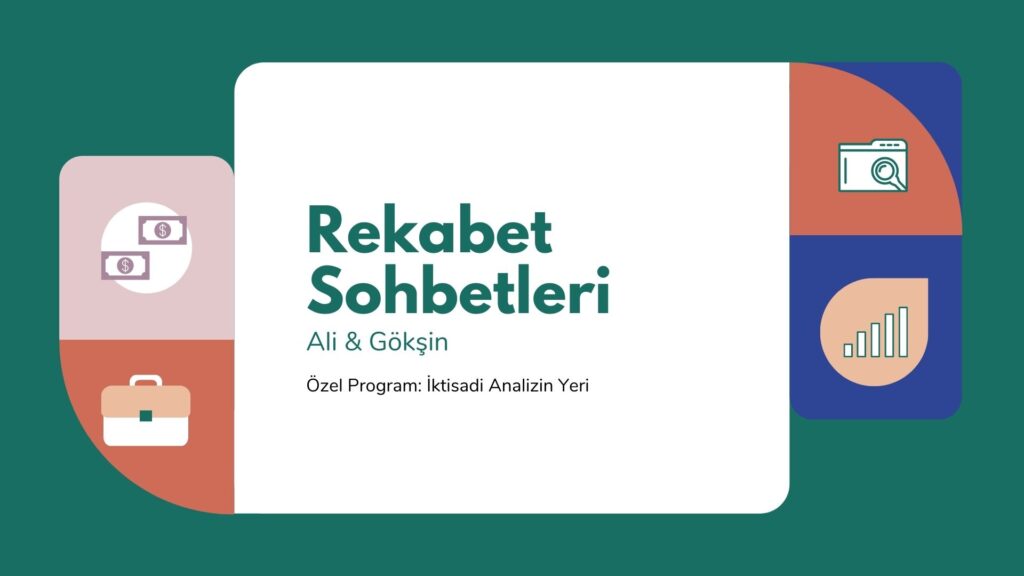The failure of the regulatory framework envisaged by the DMA would mean that Europe would fall further behind in the technology race. So, what factors determine whether the DMA will succeed?
We continue to write about the European Union’s Digital Markets Act (DMA), which regulates digital markets, i.e. the activities of digital giants such as Google, Amazon, Meta, ByteDance, and others. As we stated in our introductory article on the DMA, it is impossible to simply say, “What do we care about Europe’s digital markets law?” and turn our backs. Digital platforms, the so-called gatekeepers whose behaviour the law regulates, have been the world’s largest and most dynamic companies in recent years, particularly since the pandemic. The combined market capitalisation of the six current gatekeeper platforms (Microsoft, Apple, Amazon, Google, Meta, and ByteDance) is worth around USD 10 trillion. In contrast, the market capitalisation of 5,875 publicly traded companies listed on the stock exchanges of the 27 EU member states is just over USD 8 trillion. When we say ‘digital’, we are not referring to a sector, but to the channels through which almost all consumer products and many services are provided, and where all innovations that shake the fabric of society—such as artificial intelligence—emerge.
Since similar regulation is also on the agenda in our country, it is useful to keep a close eye on what is happening in Europe. In this article, I will discuss which groups in the economy are affected by the DMA and how, as well as the chances of the regulation achieving its goals of ensuring fair competition, increasing consumer choice, and promoting transparency in the context of each group.

Does the fact that the platforms are American make the DMA an anti-American movement?
Whether or not they are declared gatekeepers, it is clear that digital platforms are the group most affected by the DMA. None of the platforms already declared as gatekeepers and restricted in their actions are of European origin: the five largest of the six companies are American. So, how does this make Americans who say “America First” feel? Republican Senator Ted Cruz accused Federal Trade Commission (FTC) Chairwoman Lina Khan of sending experts to the European Union to help pass “this anti-American legislation.” Senator Cruz is part of the team that supported Donald Trump’s presidential candidacy in January. Let me make a prediction: The DMA will be one of the first targets of a possible US backlash following the November elections. Therefore, the DMA’s success will depend in part on its ability to manage the perception of this “anti-American legislation”.
By the way, it should be noted that on March 1, the Netherlands-based Booking.com applied to the EU Commission on the grounds that it too had crossed the thresholds. The Commission has 45 days to decide whether Booking.com should be declared a threshold watchdog. (Not every platform that crosses the thresholds needs to be declared a threshold watchdog. Dr. Murat Çetinkaya and I will publish an article on this issue in the coming weeks.) In other words, the perception management I mentioned earlier will be tested for the first time in the coming days.
Disenfranchised citizens against powerful corporations
While we have not yet reached the point where people can apply for retirement via smartphone—though I have seen this is possible in our country thanks to the EIT— in Europe, the lives of individuals are increasingly embedded in the business models of digital platforms. It is claimed that, with the DMA, citizens will have more choice both within and between platforms, more rights over their data, and more opportunities to move their data to other platforms and software applications.
I say “claims” because the intentions and the results of regulations are not always the same, especially when we are not talking about the benefit of a specific interest group, but of the broadest possible category of “citizens”, “individuals”, and “users”. The public authority, which is supposed to protect the welfare of these general categories, sometimes enacts regulations and laws but, when it comes to implementation, may struggle to deliver on its promises, citing reasons such as understaffing, workload, or efficient use of scarce resources. It may be helpless in the face of corporations that employ an army of experts who can find ways to circumvent the rules—ways to appear compliant while pursuing their own interests. Such incompetence plays a crucial role in the erosion of citizens’ faith in the system and leads the world into a tunnel with no end in sight.
Hope for commercial users
Now to the last group. We can expect commercial users, i.e. businesses that engage with their customers through digital platforms, to be affected at least as deeply as the platforms themselves. However, whether the law will change the balance of power between them and the platforms will first depend on their level of awareness and vision.
I would say that most large companies that do business with platforms are prepared for the DMA. For example, at a panel I attended last month, an expert from the legal department of Germany’s most important publishing group gave a very competent presentation on their strategy for life after the DMA. On the other hand, at the same event, another company’s legal counsel expressed concern that big players like Spotify and Epic Games will find ways to navigate the rules, while the fate of SMEs (I think it’s been a decade and a half since I used that word), which have no bargaining power vis-à-vis the gatekeepers, will remain largely unchanged.
Conclusion
We cannot predict the outcome of a regulatory giant like the DMA. The players it seeks to influence are very powerful, and the industry is large enough to dominate the rest of the global economy. Moreover, the regulation raises the issue of national identity for companies, a move that heightens the stakes for Europe in a geopolitically volatile world. All this raises questions—at least in my mind—about whether the EU Commission will be able to implement the regulation as effectively as the text suggests. Let me end this article with another question: What would be the benefits and drawbacks of enacting such a regulation in Turkey?



